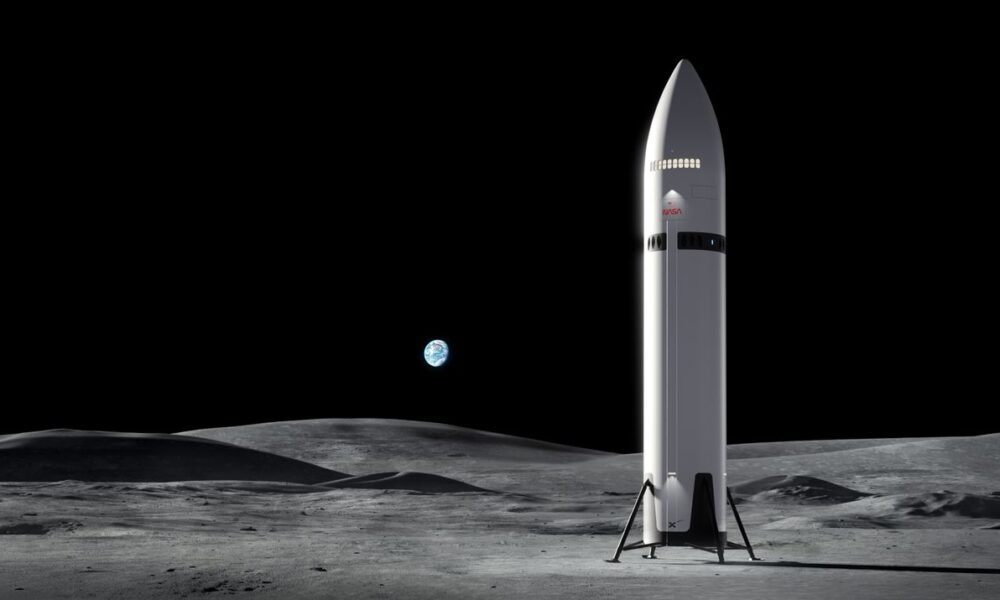NASA is considering alternatives to SpaceX for the Artemis 3 lunar landing contract due to concerns over delays in the development of the Starship spacecraft. In April 2021, the agency awarded SpaceX a contract worth $2.9 billion to deliver the first crewed lunar lander for its Artemis program. However, acting NASA Administrator Sean Duffy indicated on October 20, 2023, that the pace of SpaceX’s progress is unsatisfactory, particularly as the United States aims to maintain its leadership in space exploration.
During an appearance on CNBC’s “Squawk Box,” Duffy expressed his admiration for SpaceX but highlighted the urgency of the situation: “The problem is, they’re behind. They’ve pushed their timelines out, and we’re in a race against China.” He confirmed that NASA would open the contract to allow other companies, like Blue Origin, to compete for the crucial lunar mission.
Blue Origin, which was founded by Jeff Bezos, secured its own contract for the Artemis Human Landing System in 2023, worth $3.4 billion. The company plans to use its Blue Moon lander for future missions, although the timeline for its crewed lunar debut is currently set for Artemis 5. In response to NASA’s announcement, Musk expressed skepticism about Blue Origin’s ability to meet a timeline for a crewed mission, stating on social media that the company has not yet achieved significant milestones in space.
The timeline for Artemis 3 has faced multiple delays since its inception. Initially slated for a late 2024 launch, the date has been pushed back several times, with current projections suggesting a potential launch as late as 2028. Duffy noted that issues related to spacesuits, the Orion capsule, and other technologies have contributed to these delays. The Orion spacecraft will transport astronauts to lunar orbit, where they will rendezvous with the lunar lander.
NASA’s Artemis program has made progress, having successfully completed the Artemis 1 mission, which sent an uncrewed Orion spacecraft around the Moon in late 2022. The agency is now preparing for Artemis 2, scheduled to launch as early as February 2024, carrying four astronauts on a ten-day journey around the Moon.
While SpaceX has conducted 11 suborbital test flights of the Starship to date, the most recent two launches in August and October were fully successful. Nevertheless, the pressure on SpaceX is mounting, particularly with China’s plans to land its astronauts on the Moon by 2030, which further complicates the competitive landscape.
As NASA navigates these challenges, the future of the Artemis program remains uncertain, but the agency is committed to achieving its lunar goals within the current presidential term.







